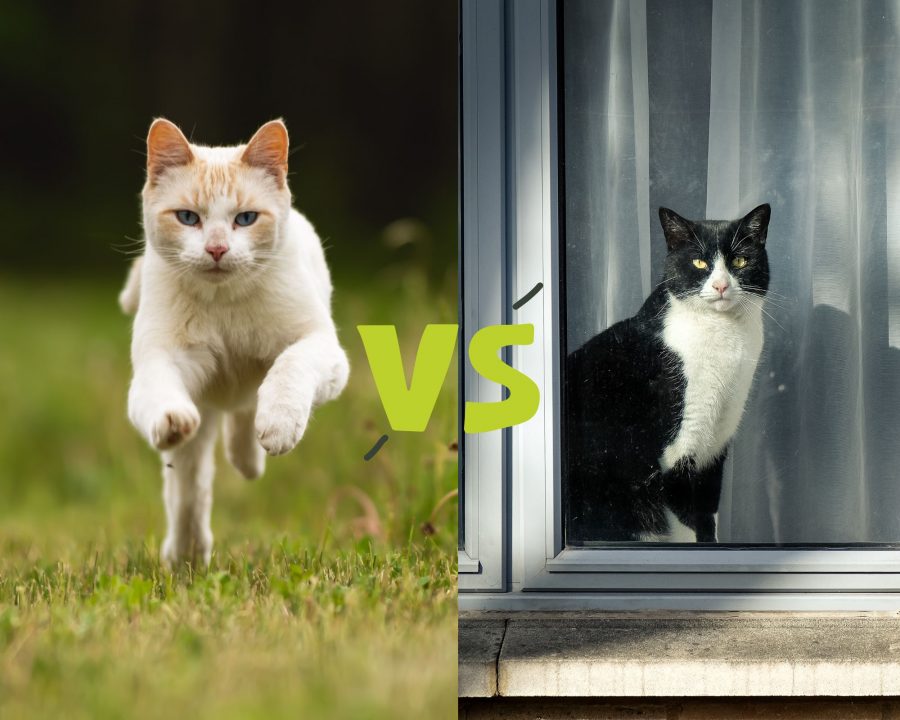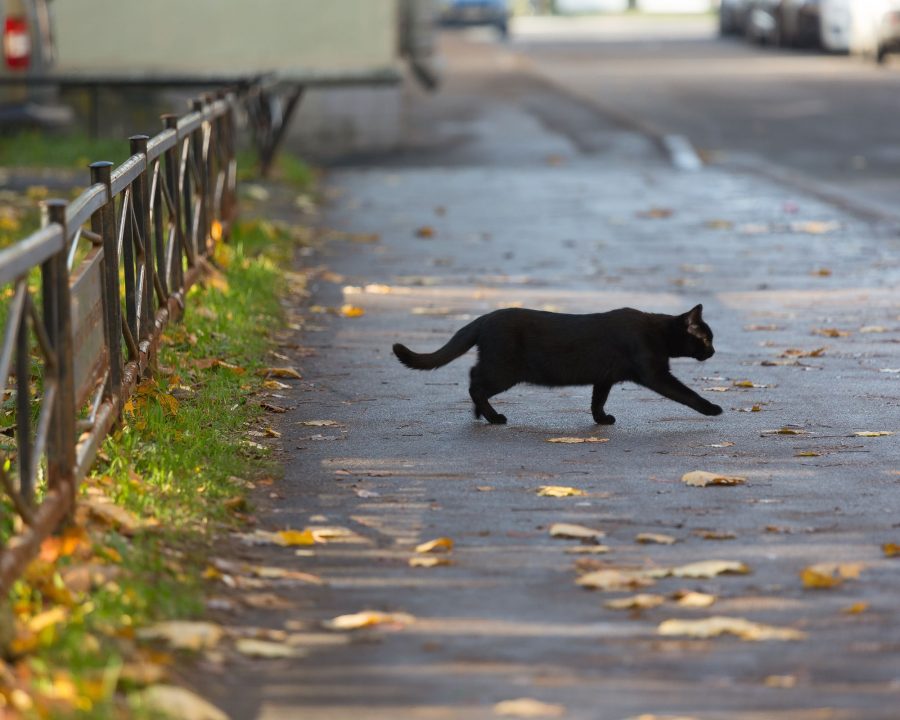The distinction between indoor and outdoor living environments can greatly impact a cat’s longevity, and it’s crucial to comprehend the disparities between these two lifestyles. In this piece, we delve into the topic of feline lifespan, examining the typical lifespan of both indoor and outdoor cats and uncovering the factors that influence their longevity. Get ready to gain a deeper understanding of your furry friend’s life journey.

Average Lifespan of Indoor Cats
Indoor cats generally have a longer lifespan than outdoor cats. The average lifespan of an indoor cat is around 15 years, while outdoor cats typically only live 5-10 years. This difference in lifespan is largely due to the dangers and stressors that outdoor cats face on a daily basis, such as cars, other animals, and harsh weather conditions.
Factors that Affect Indoor Cat Lifespan
The lifespan of an indoor cat can be affected by several factors, such as genetics, diet, exercise, and health problems. Regular veterinary check-ups and a balanced diet can help maintain your cat’s health and prolong their lifespan. In addition, providing plenty of mental and physical stimulation, such as interactive toys and playtime, can help reduce stress and prevent behavioral problems.
Average Lifespan of Outdoor Cats
Outdoor cats face a much greater risk of danger and illness than indoor cats, and as a result, their lifespan is much shorter. Outdoor cats are exposed to predators, cars, harsh weather conditions, and a host of other dangers that can shorten their lifespan. In addition, they are more likely to contract diseases and parasites, which can further shorten their lifespan.

Factors that Affect Outdoor Cat Lifespan
The lifespan of an outdoor cat can be significantly impacted by the conditions they live in and the care they receive. Providing outdoor cats with a safe and secure environment, such as a catio or outdoor play area, can help reduce their exposure to dangers and improve their lifespan. In addition, regular veterinary check-ups and proper care, such as flea and tick treatment, can help prevent illnesses and prolong their lifespan.
This article might also interest you: How to get read of fleas?
